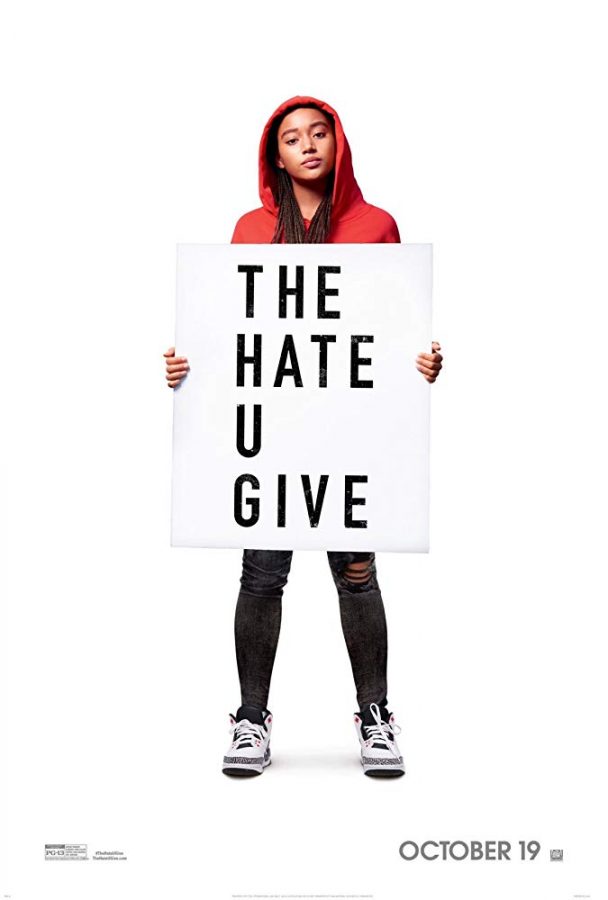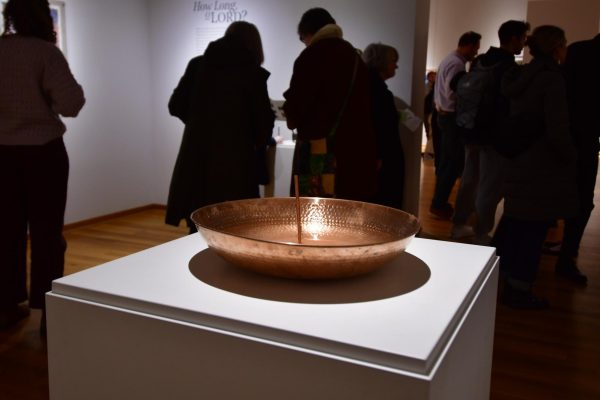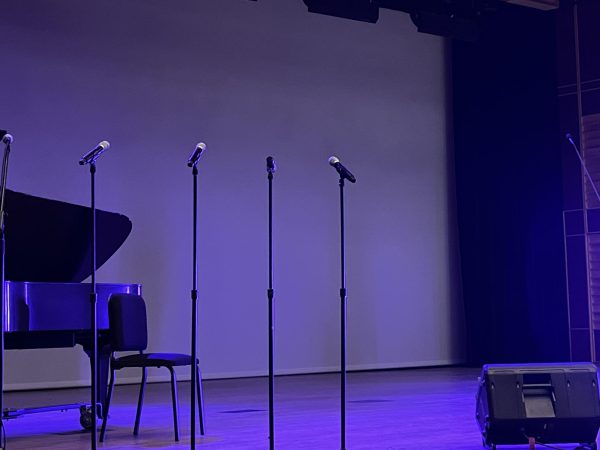The Hate U Give gives us the social commentary we need
“The Hate U Give,” an evocative drama centered around the African-American experience of police brutality, came out early in October to resounding critical acclaim. It stars Hollywood veterans such as Regina Hall (“Girls Trip”), Common (“Suicide Squad”), and Anthony Mackie (“Captain America: Civil War”), alongside fast-rising star Amandla Stenberg (“Hunger Games”) who will, without a doubt, see herself reach household-name status very soon.
The Calvin College Multicultural Student Development Office (MSDO) recently held a watch event for which it rented out a theater in Grand Rapids, and each student paid a mere $3 to watch the movie. “The theater was packed,” said Annette, a senior and an intern for the MSDO. The last event it held like this was on opening day of “Black Panther,” after which an animated Q&A discussion on black representation ensued. Khayree Williams, Assistant Dean of MSDO, had a similar discussion on the agenda for “The Hate U Give.” Calvin’s tenacity for deep thinking did not disappoint.
Without giving away too many spoilers, I think I can safely say that the movie focuses on an African-American girl, Starr, who has grown up in a violence-ridden neighbourhood her whole life and been witness to gang violence. The inciting incident in the film leaves her witness to a moment of racially biased police brutality that ends in the murder of a person of color. The film narrates her journey as she navigates white spaces and friendships while simultaneously trying to figure out what her activism looks like, if present at all.
This movie was a sucker punch to the gut. Even knowing the premise of the plot going in, I don’t think anything could prepare you for the raw unfiltered emotion you would feel as you watched the events and emotions of involved characters unfold on screen. I cried. Many people I know cried.
The Q&A, led by Khayree Williams, led to emotional conversation about what it means to be an ally, what it means to be black in America and what it means to bear the burden of continually educating non-people of color about the issues faced by black people. Julissa, a student of color at Calvin College who had already read the book and knew exactly what she was getting herself into, had this to say about the event: “The movie was good … and necessary … but it brought out a lot of emotions in me … anger, sadness and frustration all mixed up into this one exhausting emotion.”
In speaking with Annette, she mentioned that for the students that showed up to the sold-out event, while it was a pretty racially diverse mix, the majority were white students. One might wonder whether there wasn’t more of a black turnout because of how worn out this conversation on racially biased police brutality is within black communities. Julissa expressed that “it’s great that white people are now catching on and want to learn, but for black people it’s been a long ongoing conversation … we’ve been saying this for years.” She understood why fewer black students would have been willing to come and once again play educator in the matter. “But I’m very happy that MSDO put the event on. I learned a lot from the conversation afterwards.”
I hope MSDO continues to foster opportunities of conversation about change. Kayree Williams described the event as a success, accomplishing all the goals he had for the event. “We had a packed house, we sold out. I think for some, [the movie] was eye opening; for others it was in support of what they already feel are some of the societal issues we face. Hopefully it encouraged people to speak up, especially on our campus.”










